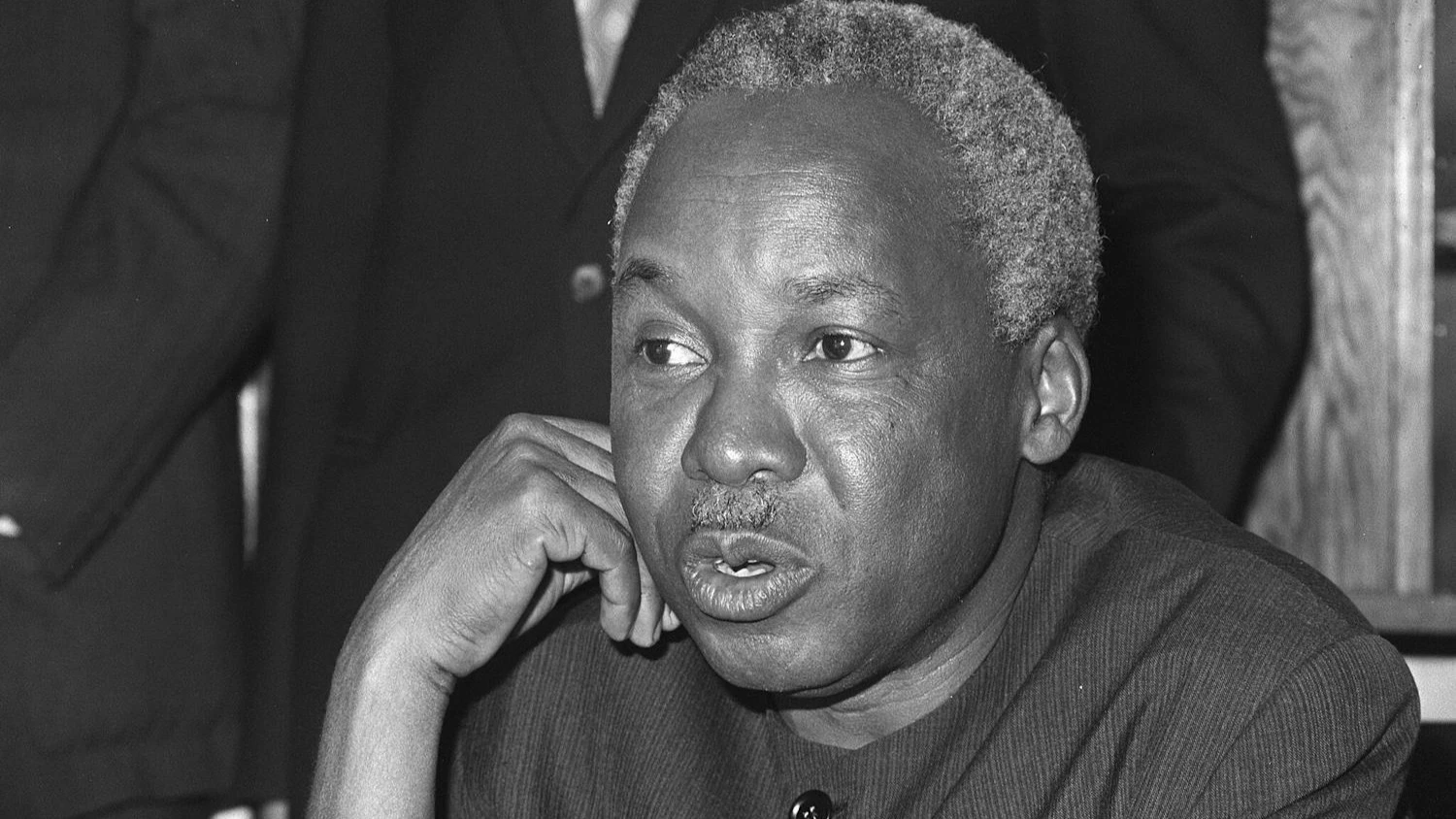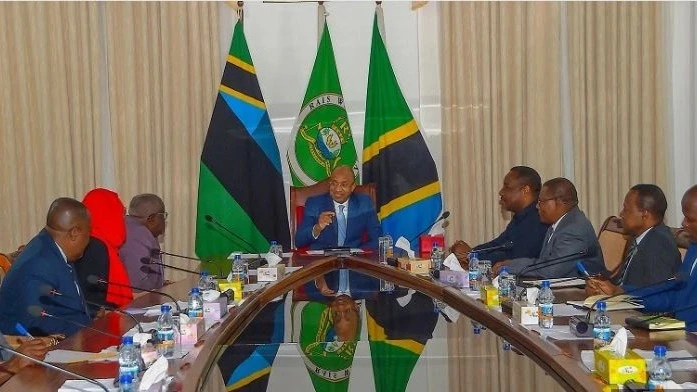RC has a point, not everyone knows the government’s topmost priorities

THE opening ceremony of a recent leadership and management training session for public corporation executives at the Mwalimu Julius Nyerere Leadership School at Kibaha in Coast Region saw the respective regional commissioner underline the need for public corporations to align their operations with key government priorities.
There is no doubt that public sector executives are expected to do just that, but it is also possible that there is a series of hiccups in trying to attain such goals.
Interpreting key government or development objectives is one thing, but situating that in what a corporation needs to do is different.
President Samia Suluhu Hassan once addressed the issue when swearing in senior public officials, her remarks directed specifically at regional commissioners.
She talked of the need to ‘think outside the box’, to improve on what one has been explicitly directed to do – without waiting for a follow-up order or asking for permission.
But in that all key decisions touch many people, there are ample chances of being misunderstood. Additionally, ‘thinking outside the box’ has its standard managerial science definition.
That could as well be what the president was pursuing, namely, finding ways to add to efficiency criteria or sorting out non-regulatory operational impediments.
There is yet another stance to thinking outside the box, this coming to diminishing some auxiliary reassurances that reduce corporate effectiveness, even if in so doing it has an impact on the environment of doing business.
It is the fact that public officials often see the environment as good enough already and therefore lay stress on tax compliance.
So, much like the Nyerere Leadership School initiators, the RC clearly appreciated the difficulties involved in policy implementation and project pursuits where the letter and spirit of what is being done are at times at loggerheads.
There is doubting the importance of having a positive business environment that attracts investors, meanwhile as a fully voluntary code in tax collection is unworkable, as tax enforcement can’t strictly speaking be avoided.
Just when enforcing is supposed to come in needs fairly strict guidelines, though, with the agencies most directly concerned keeping liaising, forming expert teams, etc., on this – of course, without belittling the need for collaboration with the larger public.
What the leadership school can help to clarify for now is how far there is unity of purpose even at the level of policy guidelines or whether the various top executives rely on each word spoken the next day by the top leadership.
This is a problem that analysts have over the decades pointed out and sought to address. In a word, often the more initiatives are intended to redirect institutions from their traditional ethos or action prerogatives the more it looks confusing and unlikely to be properly implemented.
In that case, there is an ethos of reform that diminishes public sector prerogatives, and that promises a future that is a tough climb.
The school’s principal aptly quipped that time had come for public corporation leaders to embrace change more and foster a sense of patriotism in their work.
Embracing change is in a sense related to making room for the private sector with respect to whatever a specific corporation might be doing. Not everyone will applaud when this demand is said to be an illustration of patriotism, but careful consideration of this would come in handy for our country and nation.
Top Headlines
© 2024 IPPMEDIA.COM. ALL RIGHTS RESERVED

















